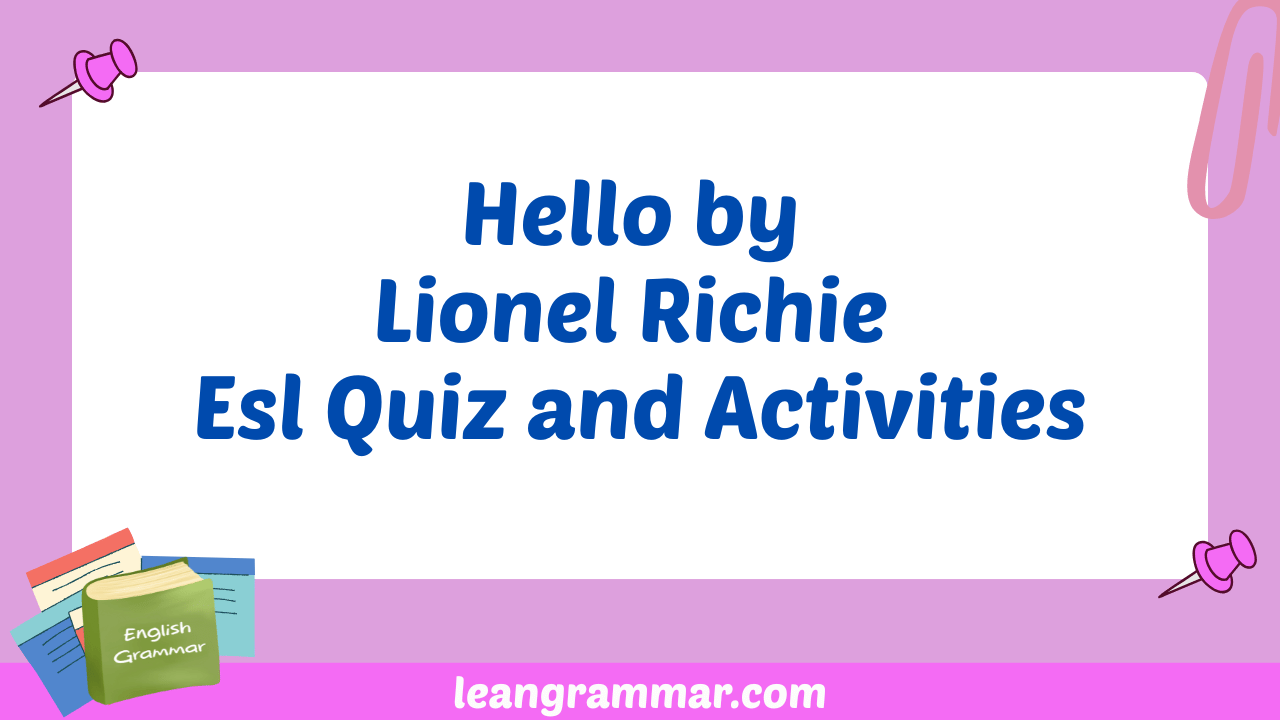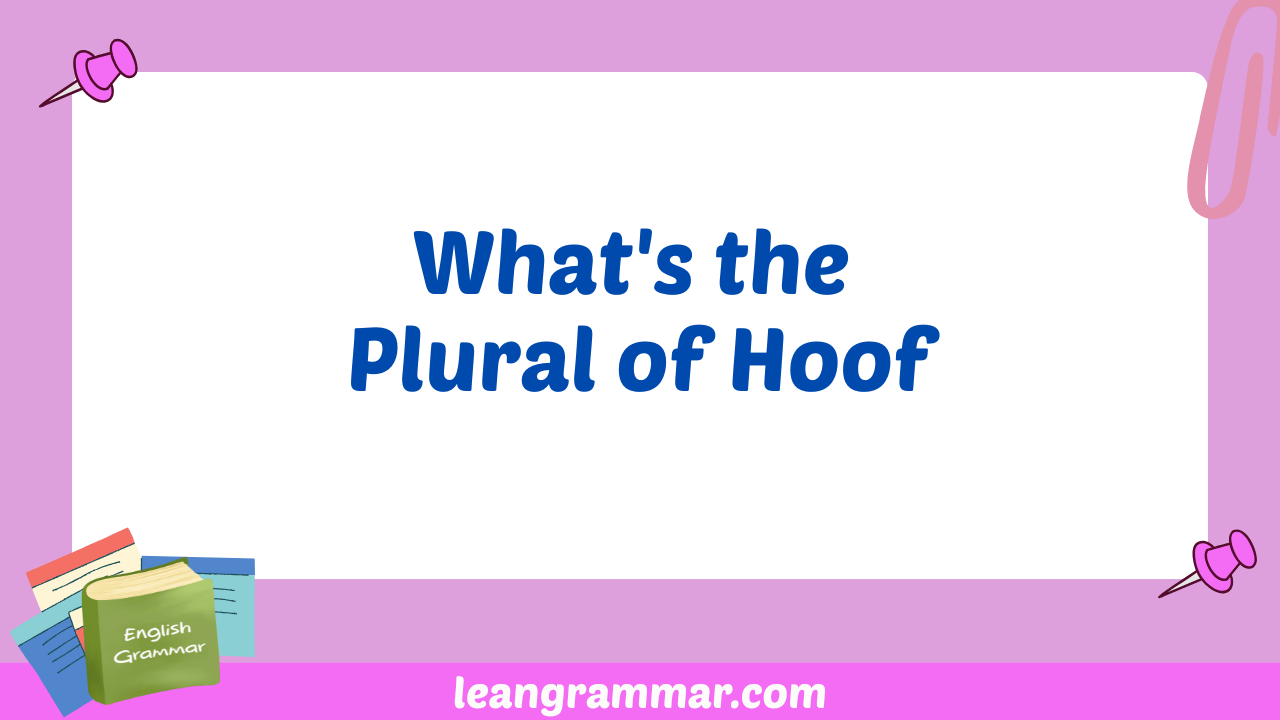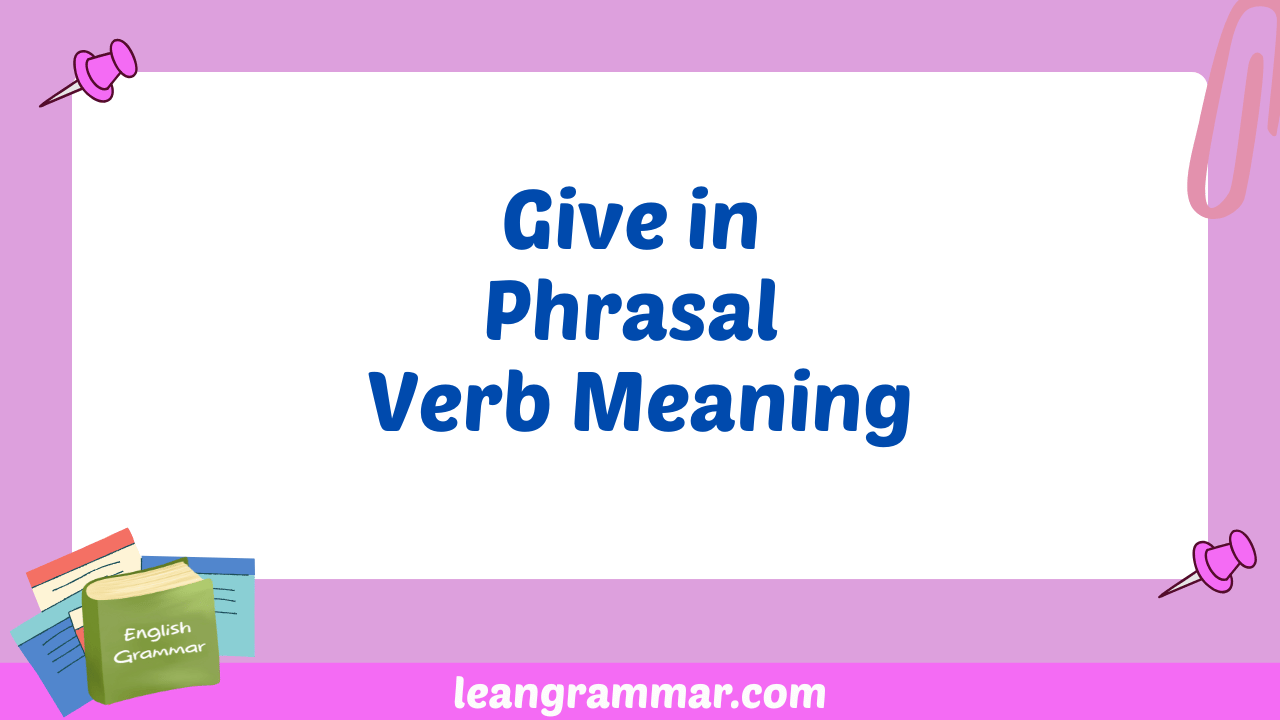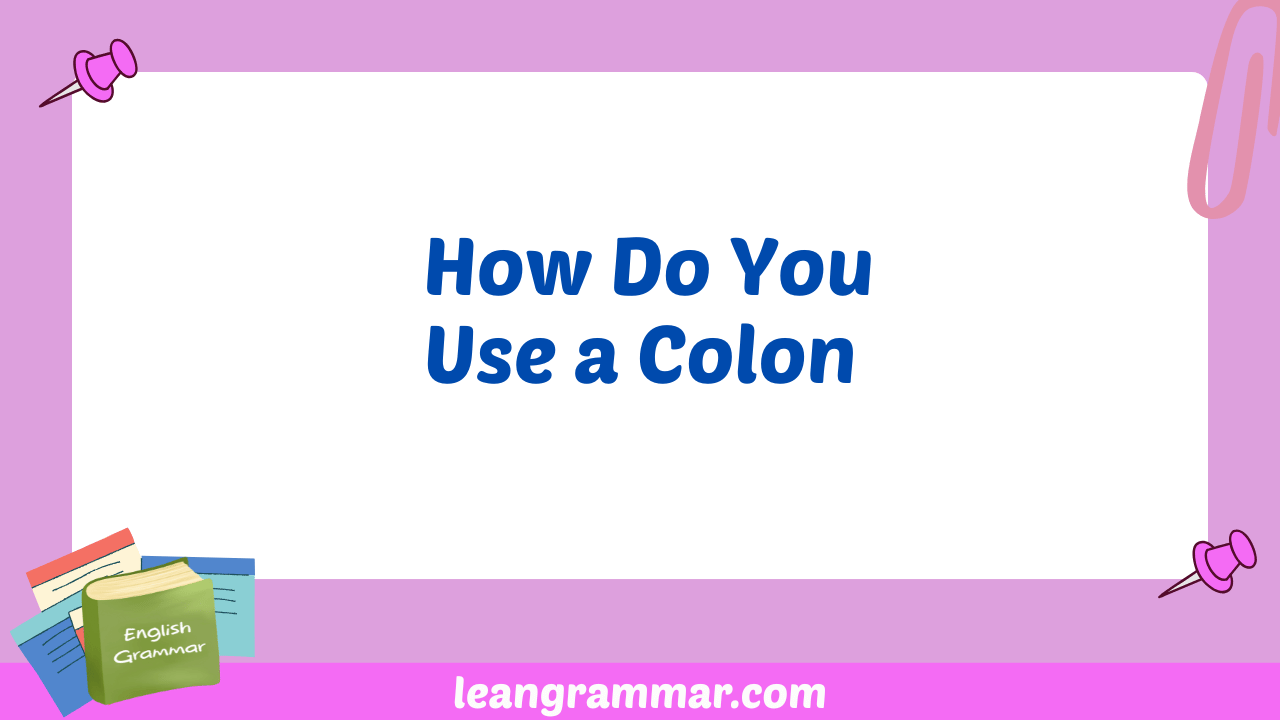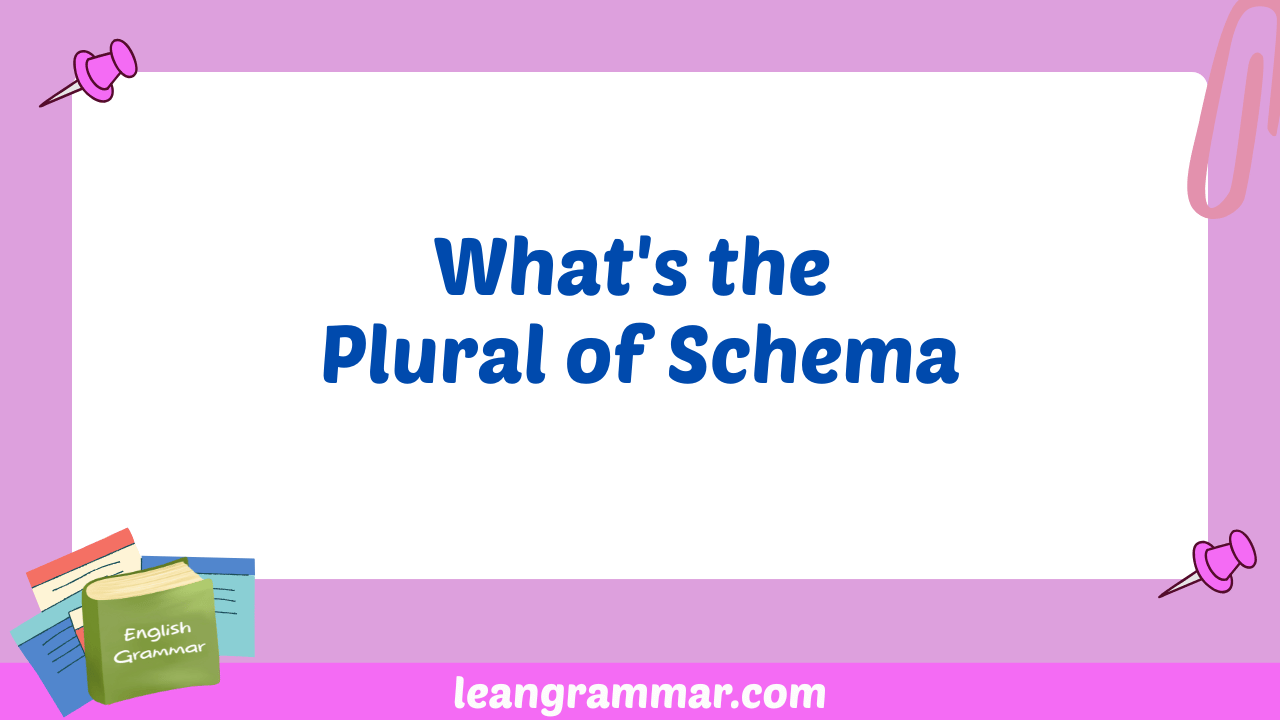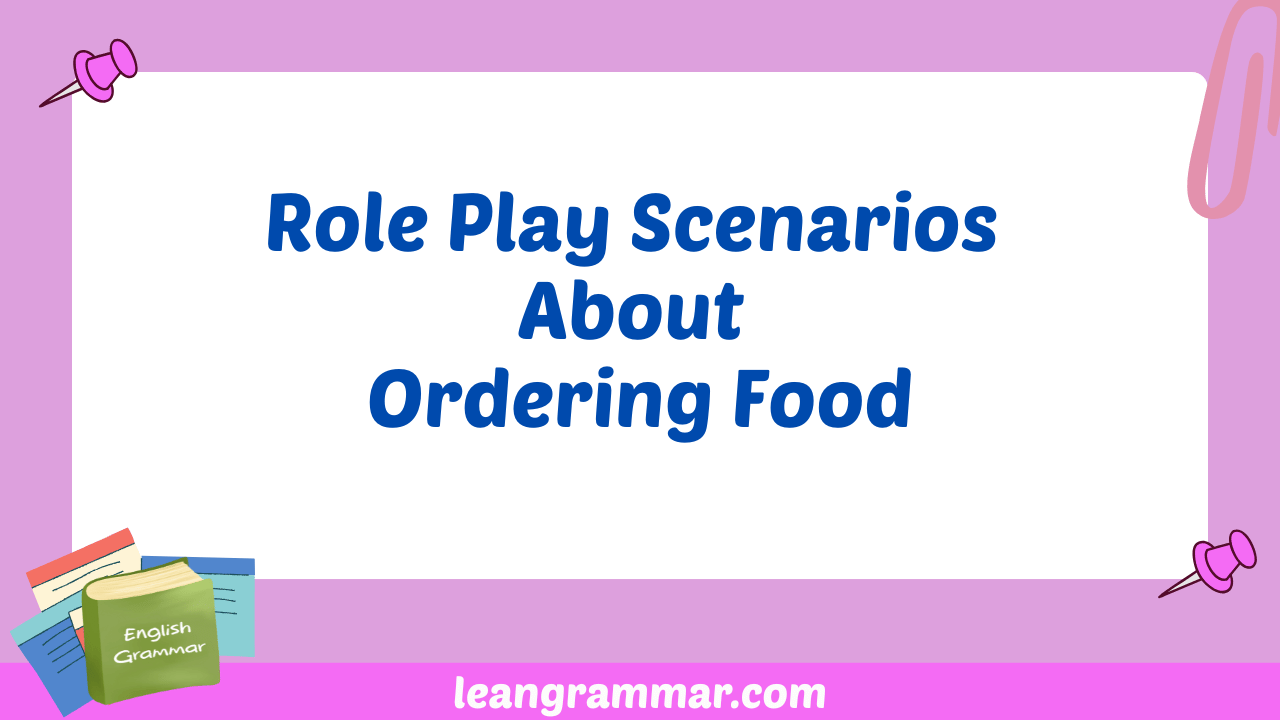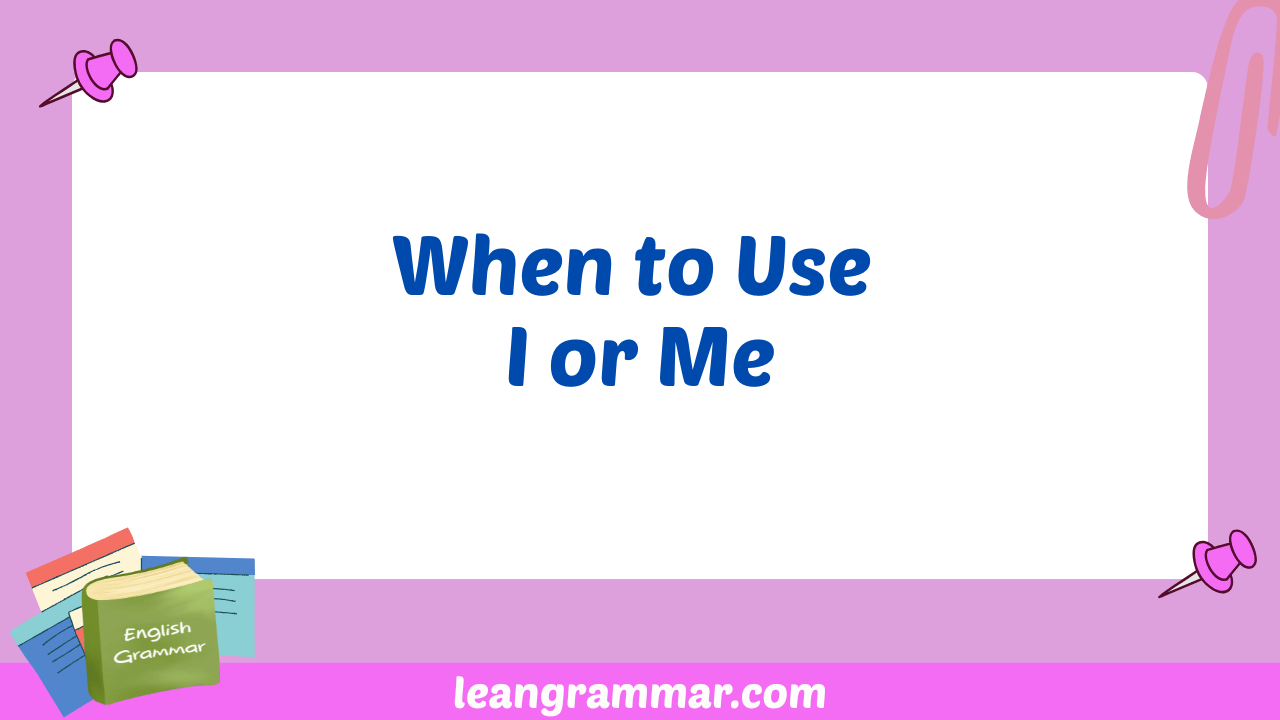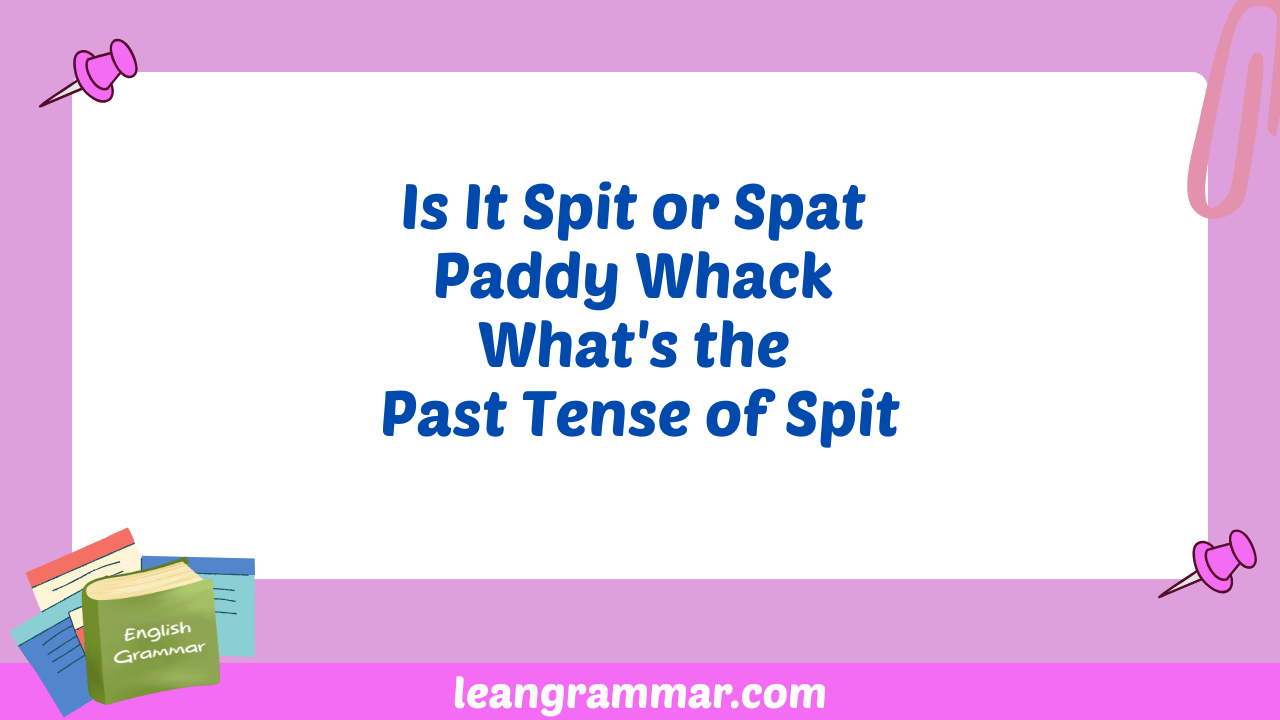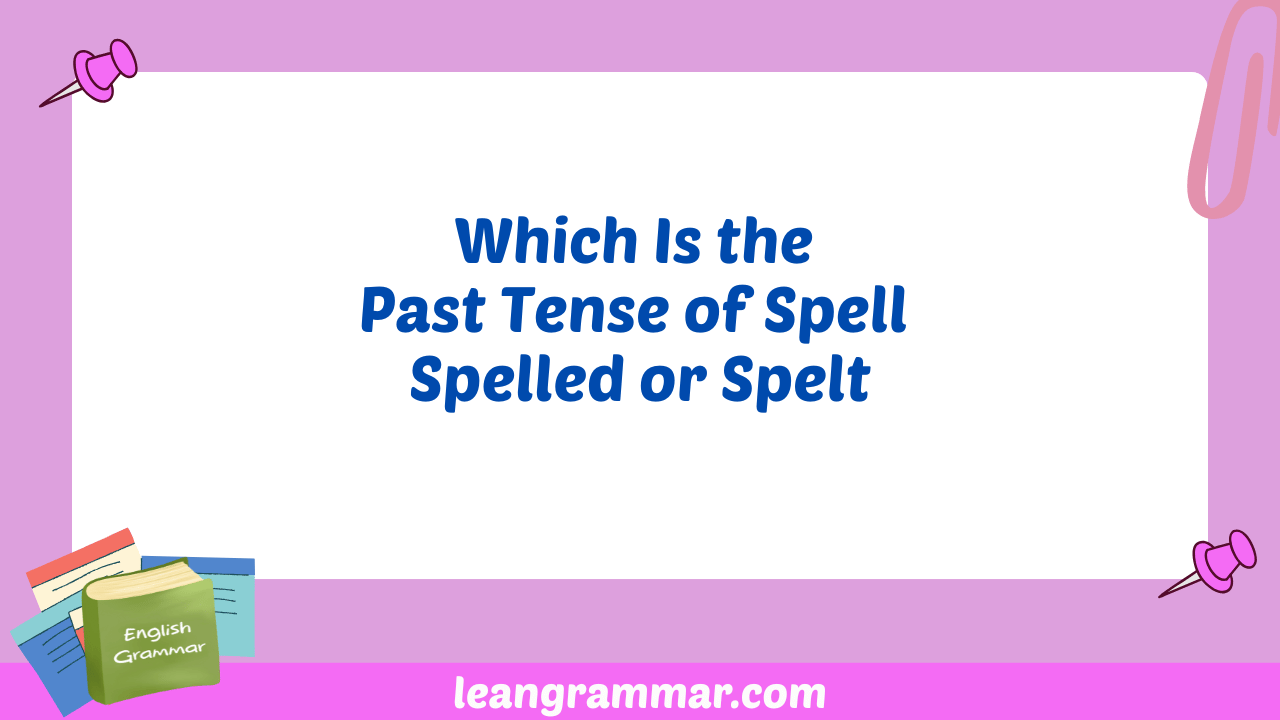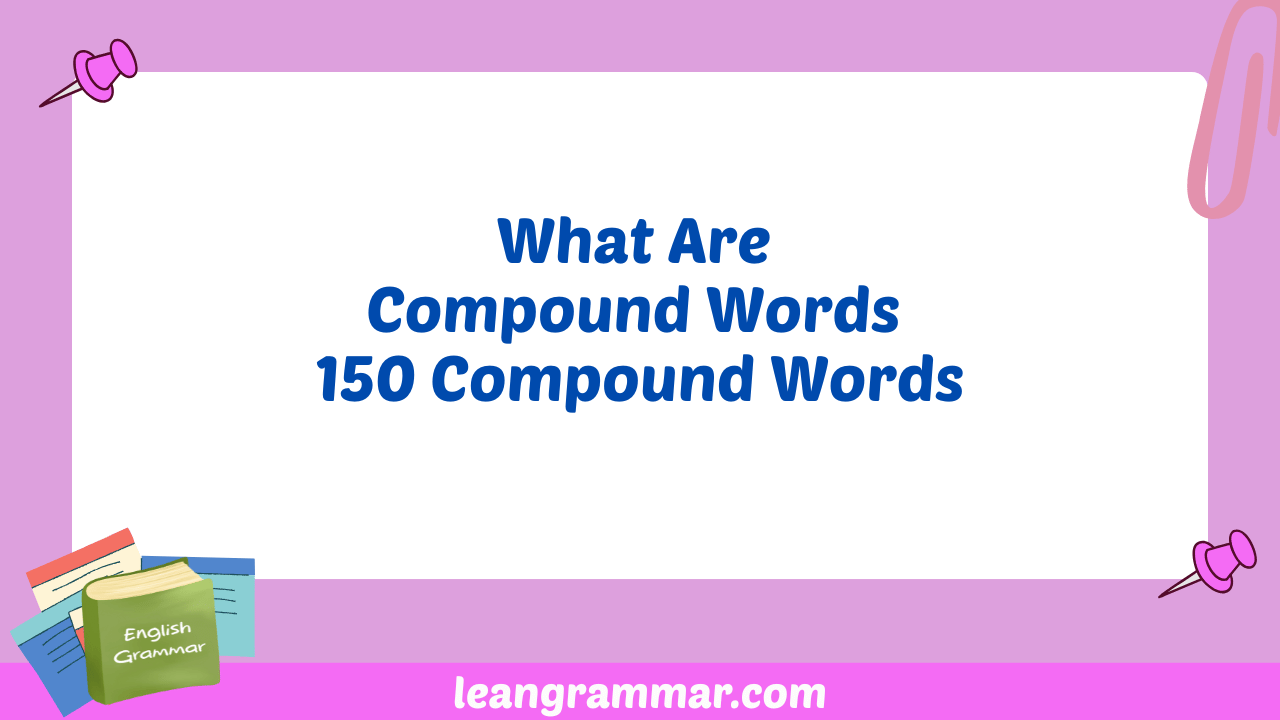Lionel Richie’s “Hello”: ESL Grammar & Activities Guide
The song “Hello” by Lionel Richie is more than just a catchy tune; it’s a goldmine for ESL (English as a Second Language) learners. This article explores how to use this iconic song as a springboard for engaging grammar lessons and activities. By dissecting the lyrics, we can uncover various grammar points, from simple present … Read more
